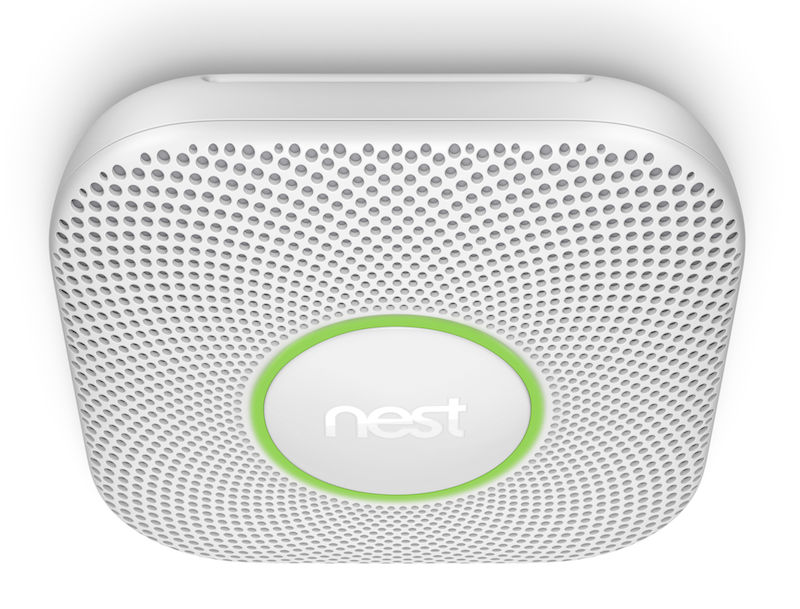Despite the internet of things’ (IoT) promise of convenience and productivity in the home, there’s a reason why it hasn’t caught on yet. Consumers expect smart appliances and automation devices to last for years, unlike smartphones and other mainstream computers. Unfortunately, the current mess of proprietary and confusing IoT standards prevents this from becoming reality.
With the Nest’s purchase and shutdown of Revolv, a smart-home hub designed to control a variety of smart appliances and accessories, hundreds of customers who invested $300 in the device found themselves with useless hunks of silicon. Although those users understood that Revolv’s demise would mean no future software updates, they were unaware that the hub’s functionality was also entirely cloud-based and tied to the existence of the company.
Unfortunately, with the closed nature of the Revolv hubs, customers will have no chance of fixing or repurposing their bricked devices. This public relations disaster serves as a warning for all who are considering buying into the internet of things.
Current IoT companies prioritize gimmicky features over long-term support, leaving many early adopters frustrated. Who would buy a short-lived $100 “smart” smoke detector over a more durable one that costs $10.?
With growing problem of e-waste and lack of user trust, IoT developers will have to learn that people simply want a system that “just works” longer than two measly years. Until then, consumers will have to exercise extra caution when buying new “smart” appliances.








